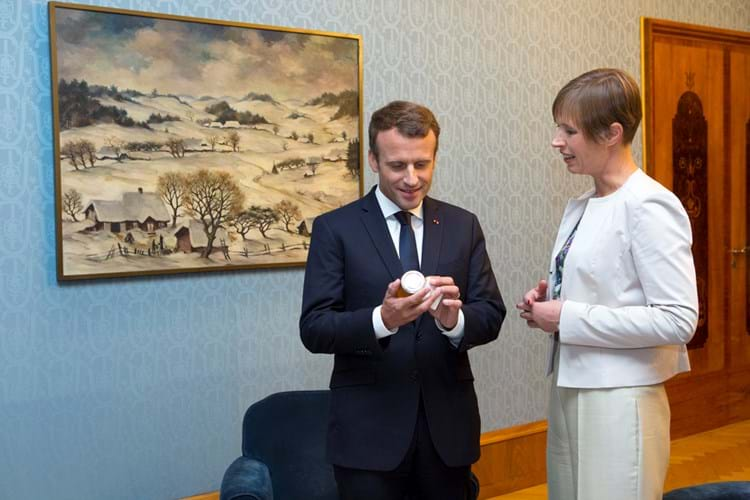
The letter, signed by the chiefs of 10 associations representing dealers, auctioneers, authenticators and specialists, says that with the UK freeing itself “from certain devices carried by the European Union” this could “weaken the French position in a competitive art market economy”.
Whether Brexit will lead to any regulatory changes in the UK or tax cuts in relation to the art market remains unclear, but British Art Market Federation chairman Anthony Browne has previously highlighted its opportunities.
In 2017 he told ATG that BAMF wanted to ensure the government was aware of the significance of the British art market and look at issues relating to competitiveness that would improve the UK’s global position.
The CNMA letter in particular draws attention to areas including cultural property regulations, import licenses, VAT and the Artist’s Resale Right where the UK’s potential divergence from EU rules could lead to competitive advantages. It also raises a series of further issues relating to French domestic policy that create burdensome restrictions on art businesses.
The Conseil National du Marché de l’Art (CNMA) is an umbrella group of associations for the professional art market in France and the signatories of the letter include resident of auctioneers’ association SYMEV Jean-Pierre Osenat and president of Syndicat National des Antiquaires (SNA) Mathias Ary Jan.
It says that they would like to meet ministers to discuss a series of points which are outlined in the letter “to give us the conditions of competitiveness and an attractiveness essential to the durability and the growth of our sector in France”.
The demands made by CNMA focus on:
- Cultural goods control which CNMA says should be targeted at areas where “fears of terrorist financing are legitimate” and should have “an appropriate value threshold”.
- The proposed amendment of the VAT directive by the EU could act as “a penalty against the other strongholds of the market and more particularly that of the United Kingdom after Brexit”.
- The letter denounces “a lack of consideration of the uniqueness of the art market” in money laundering regulations.
- While the Artist’s Resale Right may be “called into question by the UK in the context of Brexit”, the CNMA calls for the levy to be applied in a consistent way in Europe.
- The recent approach in France regarding the restitution of African cultural heritage was initiated with “a lack of prior consultation with all private and public sector players”.
- The CNMA would like to see delays reduced in obtaining certificates to export cultural property and has been asking for more than 10 years for an appropriate raising of the qualifying thresholds which are “almost unchanged since 1993 and are no longer adapted to the reality of market prices and the intensification of the circulation of the goods concerned”.
The letter concludes: “As professionals of the French art market, long engaged in the protection, safeguarding and enhancement of our cultural heritage, we are concerned by standards becoming more dense, maladjusted and complex in relation to the scale of our structures.”
The French art market represents 7% of the global total estimated at $63.7bn according to Dr Clare McAndrew’s The Art Market 2018 report. The UK’s art market stands at 20% and, while the CNMA letter recognises these figures, it states that that the French market remains the largest in continental Europe, three times higher than the German or Swiss markets.





